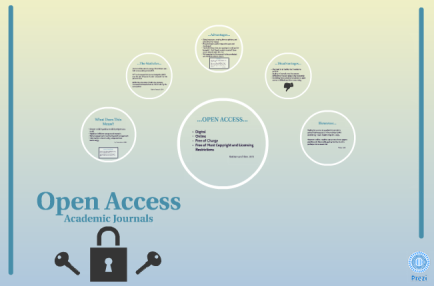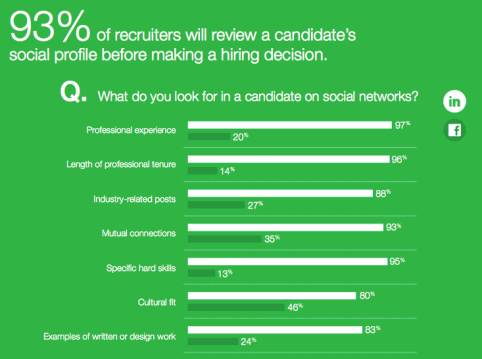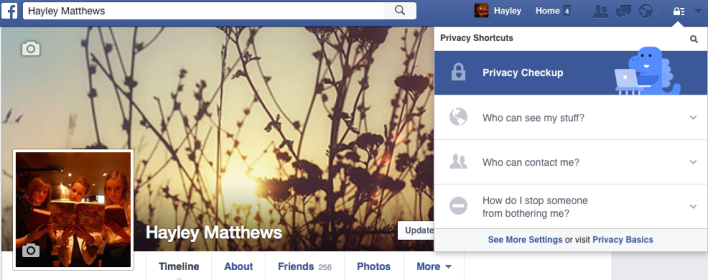
Topic 6: Is This It?
Though this module has come to an end,
I will continue to ‘Live and Work on the Web’
In signing up to this module, I hoped to develop my understanding of the social aspects of the web and how this could benefit me as I move on from University. Initially, I was hesitant to move away from my anonymous online status. Yet, with each week and each new topic, I found myself getting more involved – I was Tweeting and using new and creative media to engage my readers.
Continue reading →









